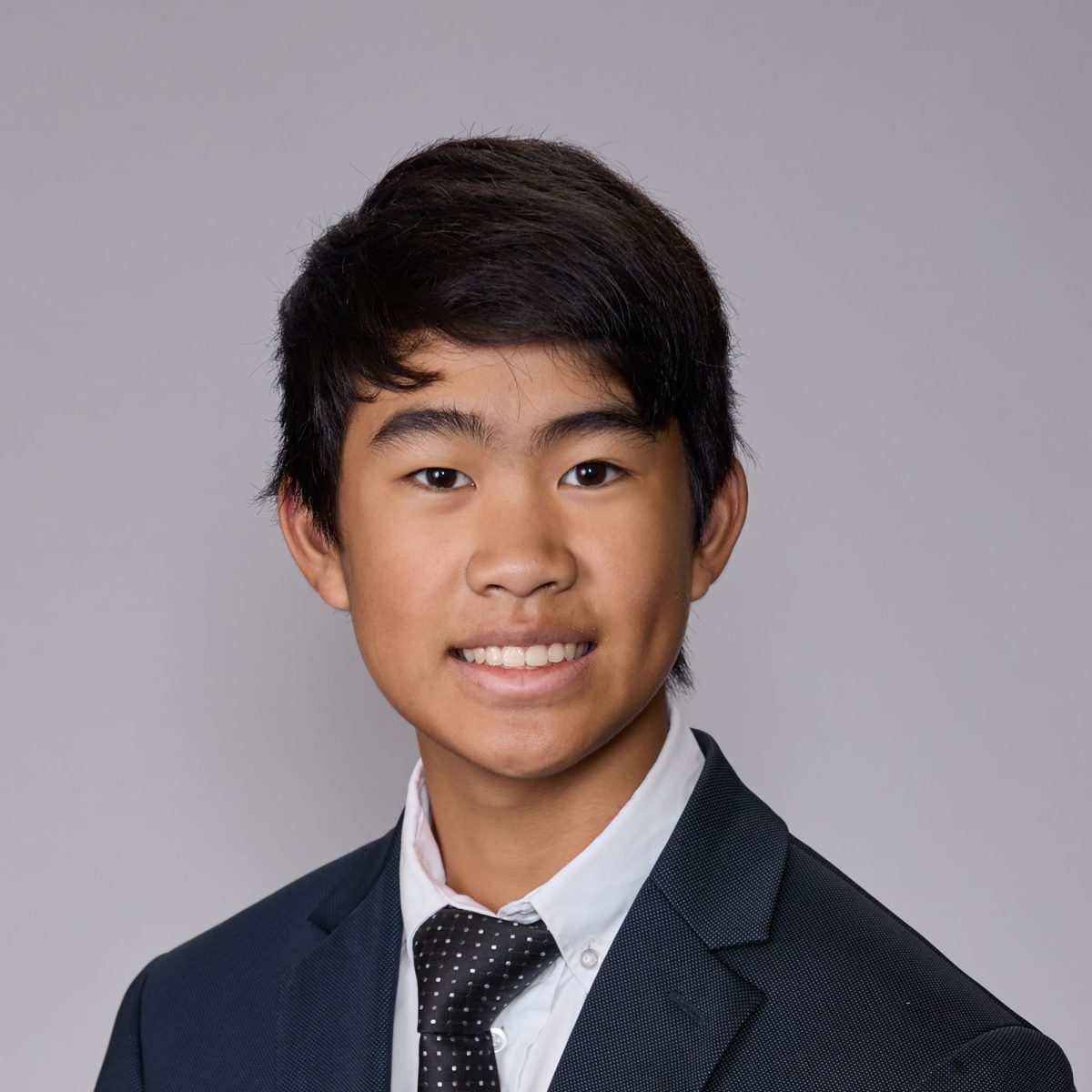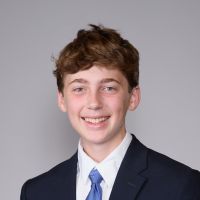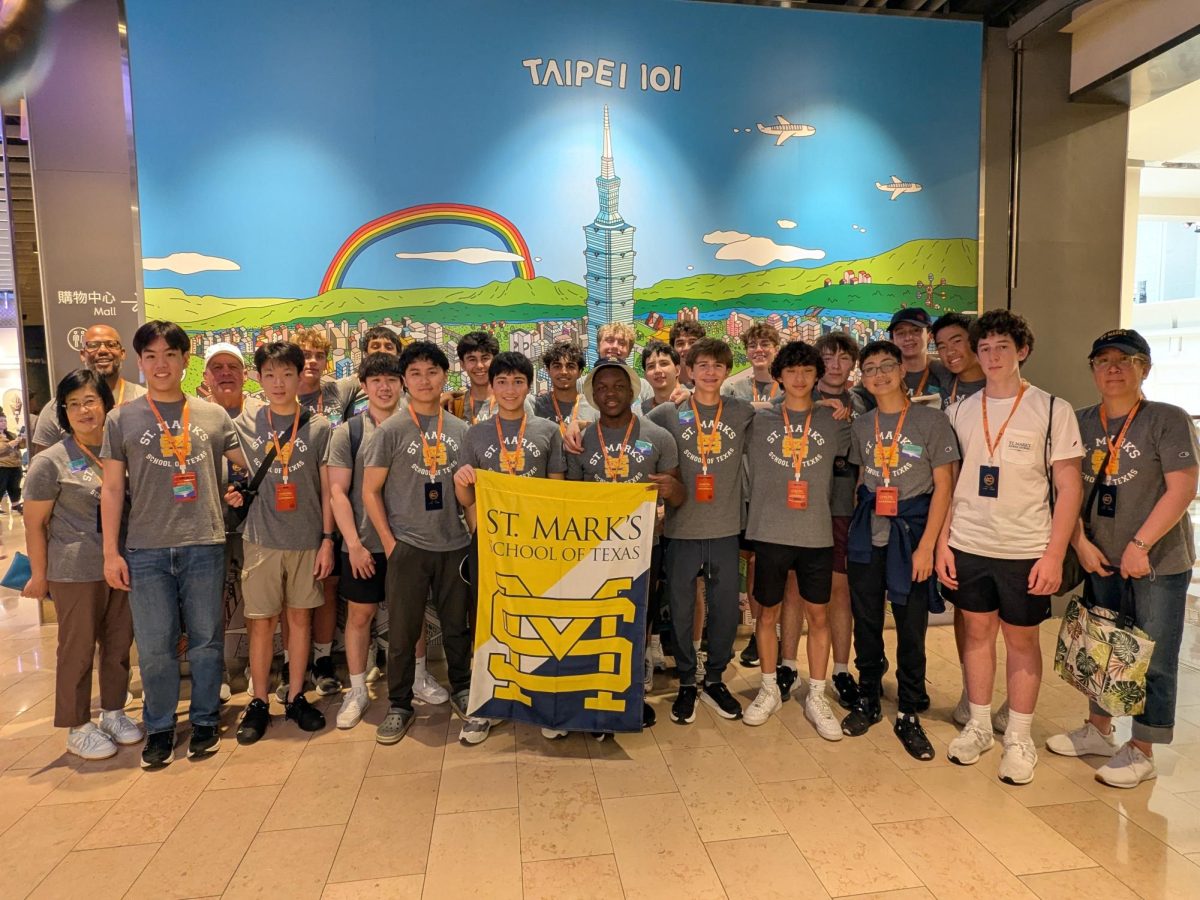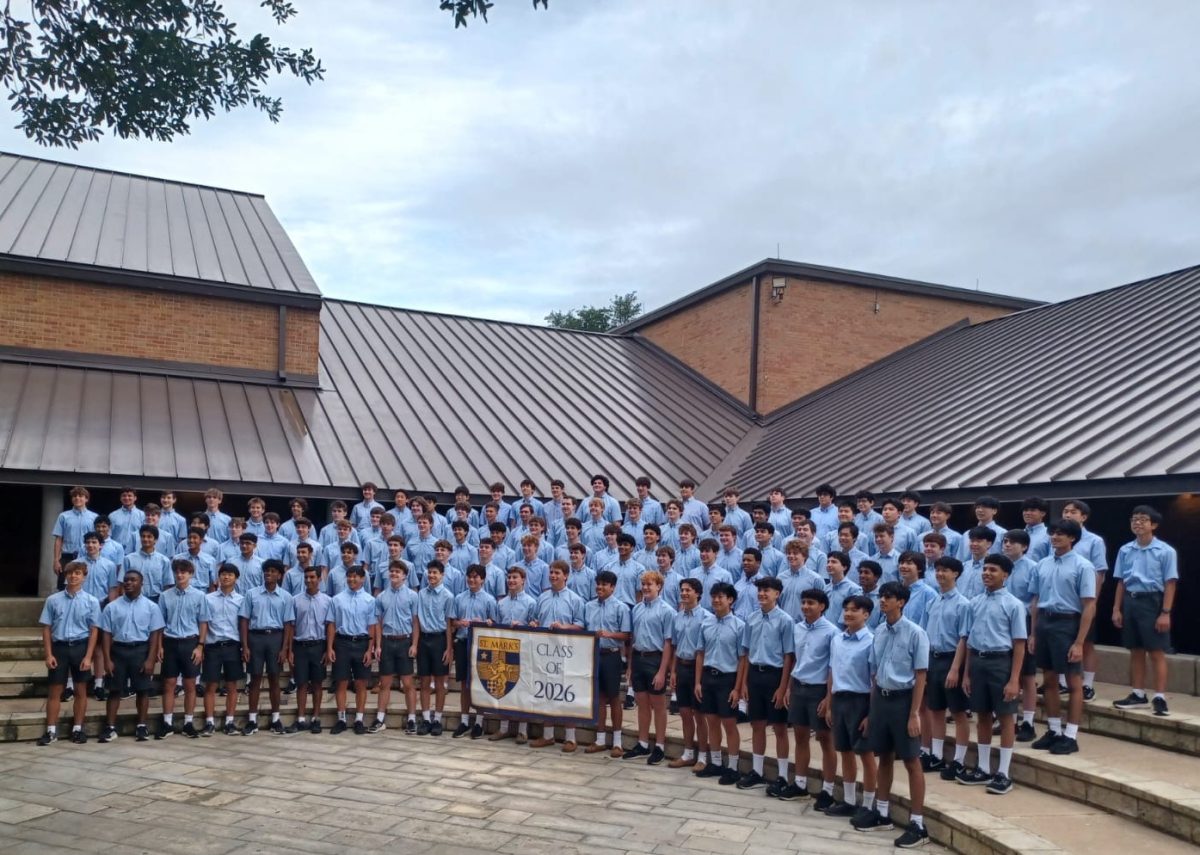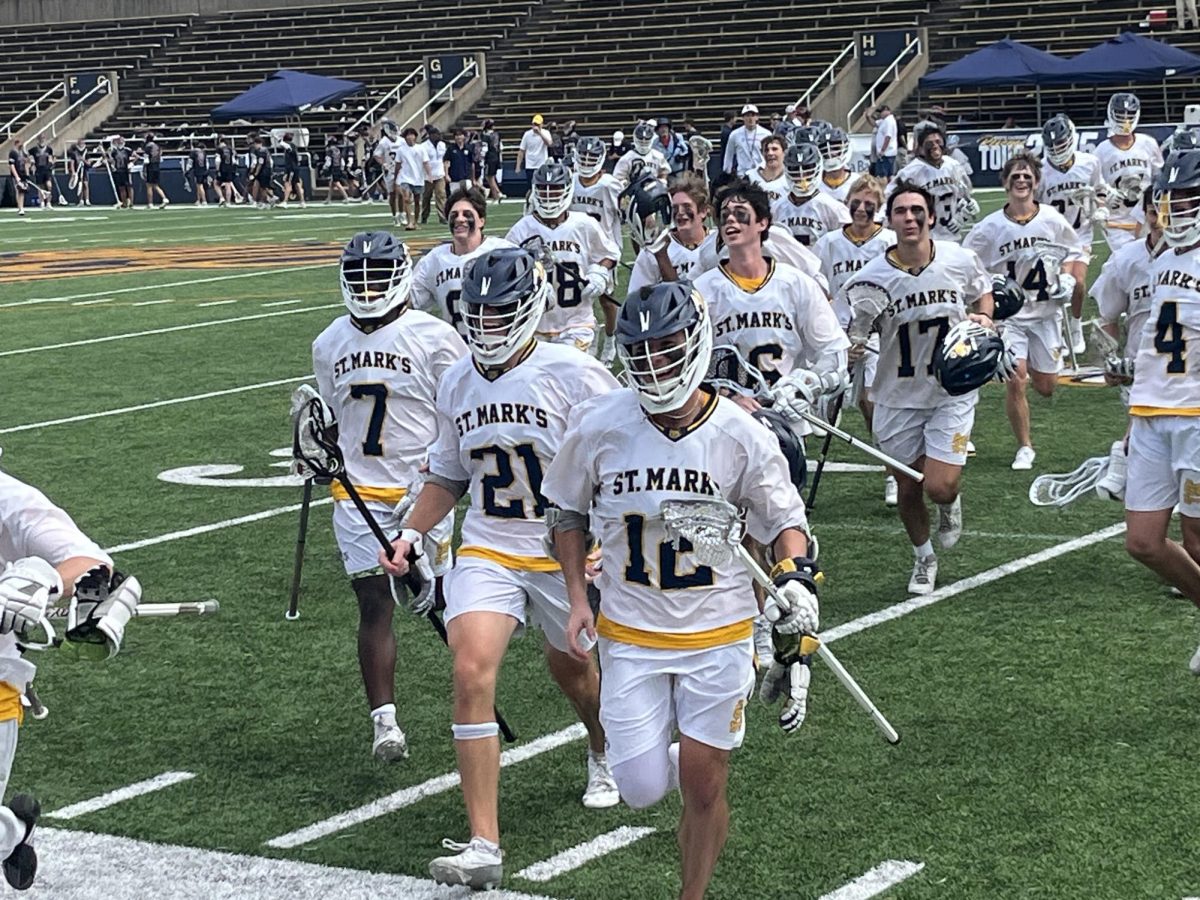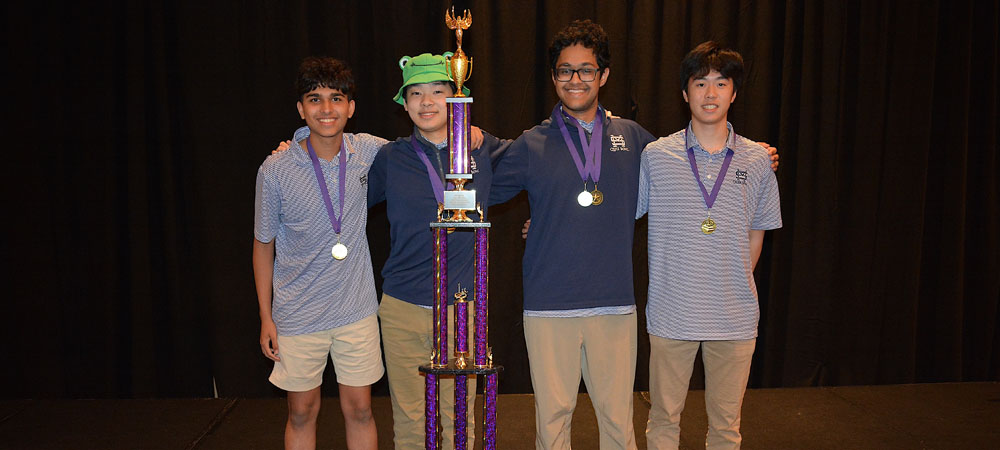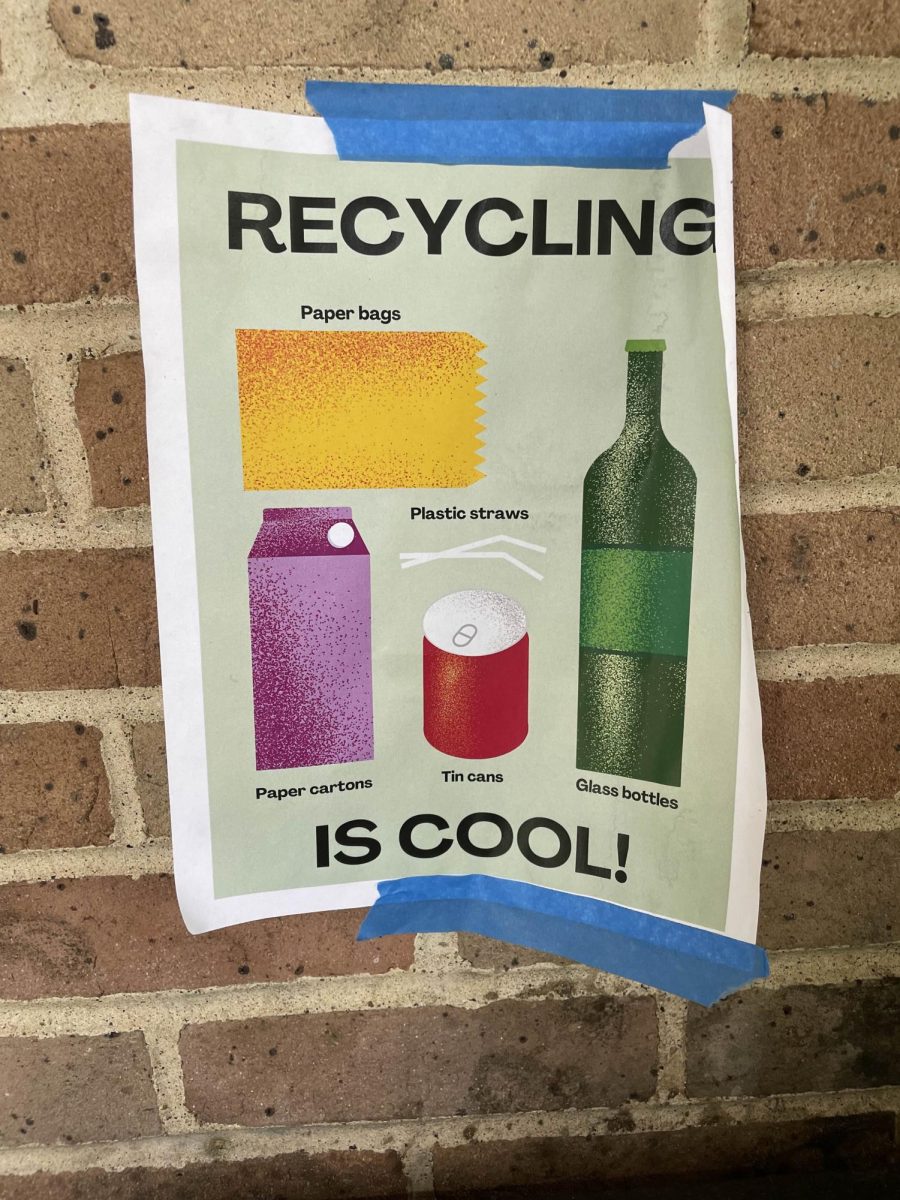For many Marksmen, summer break, a time meant to escape school’s grueling work for just 12 weeks, is now filled with college applications, SAT prep and tutoring.
And, even with all the new work, students are faced with an even tougher decision: should they get a job and make some extra money or pursue an area of interest under college professors and experts?
This choice, made even more complicated by the increasingly difficult college admissions process, creates a near-impossible situation for some students to manage stress-free.
However, for sophomore Ailesh Sadruddin, the decision was simple. His passion for sports combined with a love for math and programming culminated in an educational experience that was too great to pass up.
“I got accepted to this Moneyball Academy program at the University of Pennsylvania,” Sadruddin said. “It’s a sports analytics camp. I know one other sophomore, Whit Turner, is also going.”
These camps are becoming more exclusive than ever, as Sadruddin was one of just 75 students accepted into the program worldwide. For Sadruddin, the camp provides a glimpse into the future of the analytical side of the sports professional, an area he hopes to pursue in the future. On the other hand, unlike Sadruddin, many students view these camps as a means to increase their chances of getting accepted into those colleges later on.
“Some students see UPenn and the name of the place so they’re like, ‘maybe if I do this, I’ll have a better chance of getting into UPenn,’” Sadruddin said. “But most of the time, that’s not the case. It’s really not the best way to go about it. This experience is (for you) if you genuinely enjoy it.”
Many students such as Sadruddin considered the possibility of working a summer job to help obtain real-world experience. Still, ultimately UPenn presented him with an offer he could not refuse.
“I did consider getting a job because we’re all gonna have to get a job in the future,” Sadruddin said. “But the thing that you get from this camp that you don’t get from a job is learning about something you genuinely love and something that you want to pursue in the future. Many jobs that you can get as a teenager are like fast food, or maybe an internship if you’re lucky, but this thing is something I genuinely enjoy. So I get to learn more about it and then maybe in the future, it can turn into a job.”
For others, like sophomore Nathan Macktinger, working a job seems to be the proper decision, especially with the skills and extra spending money that come from summer vocations.
“Last year was my first experience with a real job and I figured I’m going to need money,” Macktinger said. “I’m going to need to be able to support myself through college, so having job experience is a big deal.”
Last summer, Macktinger worked as a counselor at the Heger Water Sports Camp. His experience with water safety led him to apply to a local pool as a lifeguard.
“I got invited to be a counselor (at Heger) because I had been a camper.” Macktinger said, “It’s a small camp but I got to teach people water skiing and other activities, so I figured that experience would translate well to lifeguarding.”
While spending summer at a poolside seems like the perfect way to leisurely enjoy summer, lifeguarding demands constant attention to detail, the ability to handle stressful situations and strong swimming skills.
“The hardest part is staying focused. It’s sort of like driving because you can’t get tunnel vision. You have to be able to see and process everything at once.” Macktinger said, “If a mom were to come up and ask you a question, it’s essential to answer quickly, so you can stay focused on keeping everyone safe.”


